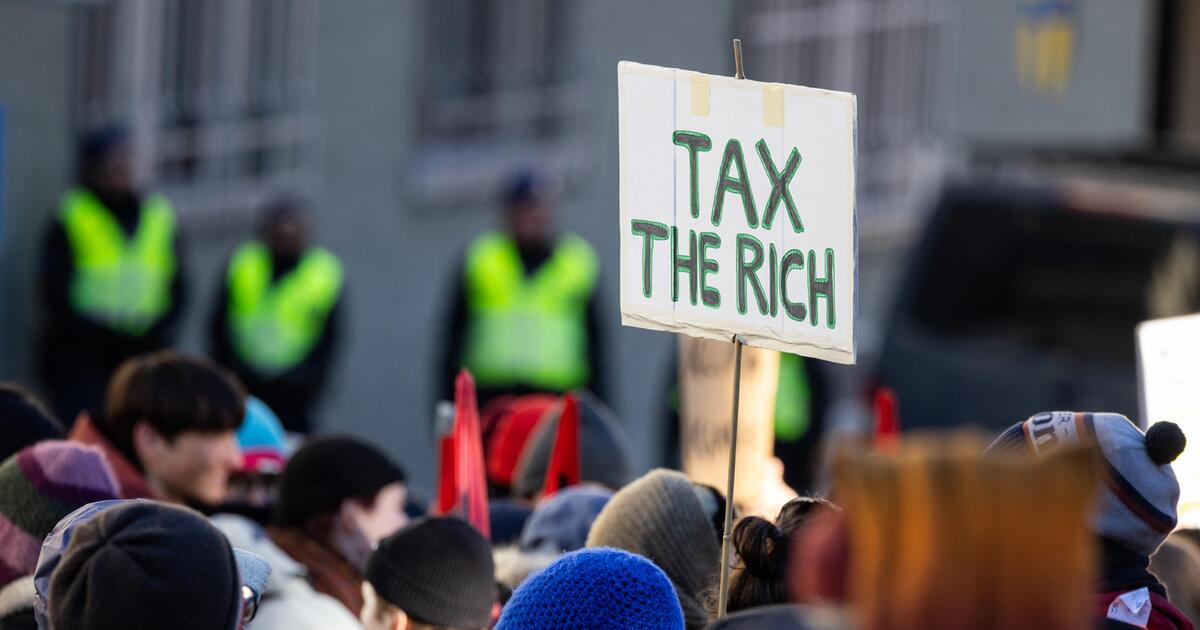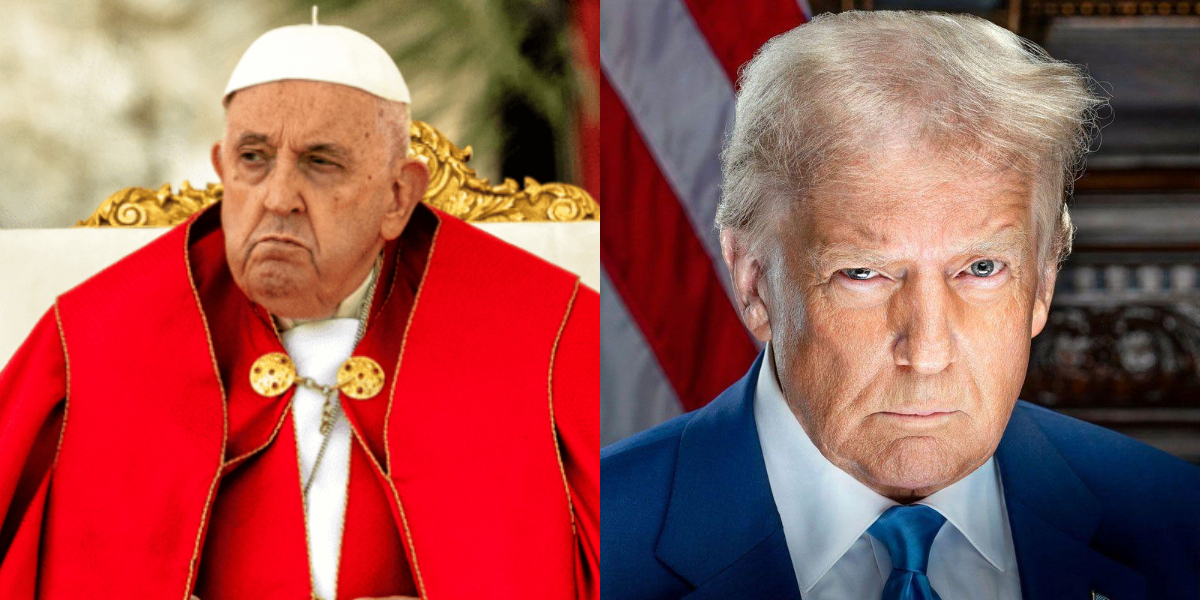People's March: Rebranding Resistance & Unity
As Trump's inauguration approaches, a major protest movement rebrands from the Women's March to the People's March, sparking debate on inclusion and diversity.
Published January 19, 2025 - 00:01am

Image recovered from washingtontimes.com
The transformation from Women's March to People's March has sparked both a renewal in purpose and heated debates over inclusion versus erasure. Emerging as a pivotal moment in 2017 to counter Donald Trump's first inauguration, the controversial change in branding reflects a broader struggle within the progressive movement to ensure inclusivity while confronting accusations of sidelining specific identities.
The shift from Women's March to People's March signifies an attempt to widen the movement's umbrella to encompass a diverse group of activists. This includes individuals of various gender identities, sexual orientations, and economic backgrounds. Tamika Middleton, managing director of the movement, has voiced the necessity for everyone to be involved in the ongoing struggles against what the movement describes as oppressive policies and attitudes.
However, the branding decision has not been without controversy. Critics, particularly some conservative voices, argue that replacing 'women' with 'people' risks marginalizing women and losing focus on issues that primarily affect women's rights. Some, like Carrie Lukas of the Independent Women's Forum, view this as a concerning sign of how the progressive movement is evolving. Rather than addressing women's issues in isolation, the march seeks to tackle broader socio-political themes, including economic justice, climate change, and immigrant rights.
Reflecting this new commitment, the People's March has formed coalitions with various advocacy groups, such as Time to Act and Abortion Access Now. These partnerships illustrate a transition towards inclusive activism, intending to connect different causes under one unified protest. A further aim is to maintain momentum by initiating a sustained engagement in local and national politics. Planned Parenthood and the American Civil Liberties Union, traditionally aligned with women's rights, are enthusiastic backers that foster the broadened scope of this year's protest.
In Philadelphia, echoes of the rebranding reverberated through the streets as an expected crowd of several thousand took part in the People's March. The city, known for its progressive stance and status as a sanctuary city, hosted speeches that emphasized unity and collective action. Participants rallied under banners demanding equality and decrying threats to civil liberties. The local protest was smaller than the historical 2017 march, yet attendees like Julia Manning expressed a belief in continued resistance, highlighting the urgency of community involvement amidst political uncertainty.
The shadow of the original Women's March looms large over all subsequent protests, defining expectations for both turnout and impact. The reduced numbers at recent events are attributed to various factors, including political fatigue and strategic realignment of priorities within progressive circles. The 2025 march organizers hope to galvanize new demographics and sustain long-term engagement through redefining the movement's goals.
As the inaugural events approach, the intersection of reproductive rights, LGBTQ+ advocacy, and racial justice remains a central focus in the new iteration of the march. In Michigan's capital, hundreds stood to assert voices for inclusivity and speak out against discrimination. Marchers carried signs reflecting myriad issues, reinforcing the notion that activism must now address interrelated struggles for a more equitable future.
Reflecting on their motivations, many attendees shared poignant stories of personal and familial concerns regarding rights and liberties under future political landscapes. Personal anecdotes detailed in the articles demonstrate the deeply interconnected nature of personal experiences with wider political battles.
This People's March, therefore, not only reflects an evolution in the movement but also symbolizes the nuanced debates regarding inclusion within activism. As the nation braces for another Trump administration, the People's March stands as both a reminder of the enduring commitment to civil rights and a testament to the changing face of resistance.






)